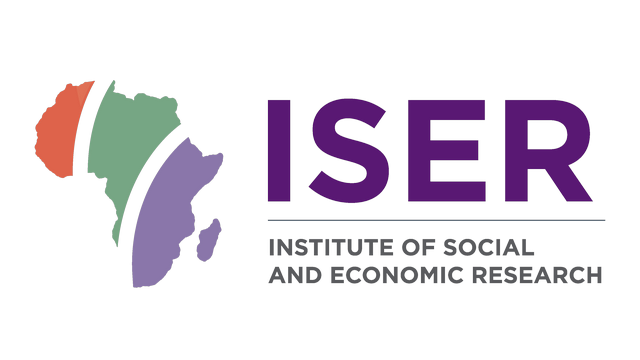
By Lindeka Namba, School of Journalism and Media Studies student
On Thursday, the 15th of April, Rhodes University Institute of Social and Economic Research (ISER) hosted a live webinar that focused on the meaning of ‘home’ in the context of the urban housing crisis. Chaired by ISER Director, Professor Cyril Nhlanhla Mbatha, the webinar saw close to 100 participants registered across the country. Attendants included other South African universities such as the Wits University, Stellenbosch University and University of Fort Hare, and from varying stakeholder members and representatives of housing development agencies, RSA Civil Society.
With the growing socio-political and economic crises that face South Africa and many of its neighboring countries, enormous amount of administrative pressure and planning is put onto the local governments, especially in the metropoles like the City of Johannesburg. In many of the cases reported, these pressures have led to the systemic collapse of public service provisions, which result in unbearable living conditions, especially for the most vulnerable residents of the inner city. This topic is an important research and policy discussion around the socio-economic challenges of shelter for the vulnerable groups like the poor working class, unemployed South Africans, many of which are internal migrants, and migrants from other African countries who come seeking refuge in the cities.
Urban and medical anthropologist, Dr Matthew Wilhelm-Solomon, whose research focuses on themes of unlawful occupation, eviction, social movements, migration, health access, and religion in Johannesburg presented his findings on the topic. In his presentation, Dr Wilhelm-Solomon focused on the key issue of unlawful occupations and emergency accommodation, referring specifically to case studies that spoke to the issues at hand. Dr Wilhelm-Solomon indicated that a paradox arises within the constitutional law, which is the paradox of home and homelessness. He stated that “the question of what a home is or is not has significant legal consequences”, he added that it has been an issue that has been placed in several cases in the past.
His presentation was then followed by responses from Ms Mpho Raboeane and Ms Meloney van Eck. Amongst other things, the webinar speakers discussed the long-term solution to urban housing shortages other than relying on eviction, relocation, and temporary emergency accommodation; the practical and political obstacles to expanding inner-city affordable accommodation; and issues surrounding the clear legal definition of home.
Attorney, Ms Mpho Raboeane’s address focused primarily on the Cape Town context. She touched on the realties faced by the poor and working-class communities living in the townships that surround the city. She provided important data that continued to highlight the inequalities that still exist in the big cities. This further drew the commonalities that exist between the cities of Cape Town and Johannesburg. Ms Raboeane told the story of a city plagued by the racial segregation legacy of Apartheid, saying “the cause of the acute housing shortage lies in Apartheid era policies which limited African occupation of urban areas and limited their access to economic opportunities”.
Strategic Support and executive at Housing Development Agency, Ms Meloney van Eck, went on to address the questions put forward. She touched on the issues of inward migration into the cities, especially in Gauteng. She cited that people migrate to the cities to seek economic refuge. “People move to the cities in order to be closer to job and economic opportunities”, said van Eck, “that is what actually exacerbates the housing crises”, she added. Furthermore, people move to cities to seek better education opportunities. The inward migration creates an unbearable and unsustainable pressure on the limited finite resources of the urban centres.
Participants were then given the opportunity to put forward questions and comments to the speakers. The speakers were also given the opportunity to respond to the questions which ranged from issues about RDP housing and grassroots activism structures. This allowed different perspectives to be brought to the forefront. The webinar was then concluded by Prof Mbatha, who thanked all the speakers and participants and encouraged them to keep such important discussions going beyond the webinar.
